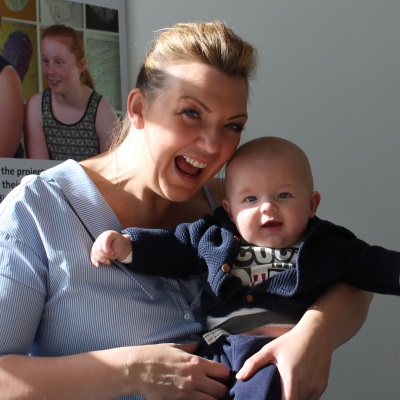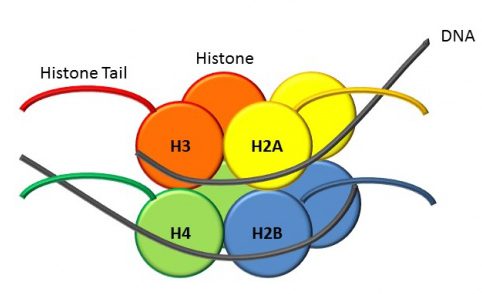Manchester to lead development of UK’s first rapid genetic test
Manchester is leading the development of a new genetic test that could identify the risk of, and therefore help to avoid, permanent antibiotic-related hearing loss in newborn babies.
Some babies can develop irreversible hearing loss when exposed to gentamicin – a commonly used antibiotic – due to an identified genetic predisposition. Antibiotic treatment should to be started within the first hour after admission, but currently there are no suitable tests to identify those at risk of hearing loss within this timeframe. It’s hoped that the new test could allow genetic results to be available within an hour, and be performed at the patient’s bedside.
Professor Bill Newman will lead the consortium, which will work closely with parents of children previously treated on intensive care units.
We look forward to working with our colleagues in Manchester and Liverpool to assess the impact of rapid genetic testing as a method of avoiding irreversible hearing loss in babies treated with antibiotics. Successful implementation would be a first in the integration of a rapid decision making, genetic-based diagnostic in the UK NHS.
— Professor Bill Newman
Further detailare available from a news article on the Manchester Biomedical Research Centre website.
Genetic test could give women a more accurate breast cancer risk

New research led by Professor Gareth Evans, Consultant in Medical Genetics and Cancer Epidemiology at Saint Mary’s Hospital, has published findings in the JAMA Oncology Journal on the effectiveness of a genetic test; SNP18, as a more accurate predictor of breast cancer.
Researchers found that when the SNP18 genetic test, combined with mammograms and risk assessment questionnaire, provides a more accurate risk analysis and can accurately identify women who may benefit most from preventive therapy of additional screening.
Read more about the genetic test on the Trust’s Research & Innovation website.
International research grant awarded to Manchester Centre for Genomic Medicine
US-based company FDNA have awarded the Manchester Centre for Genomic Medicine a Centers of Research Excellence grant, providing funding to next-generation phenotyping (NGP) research. It will also bring FDNA’s Face2Gene facial analysis technology to the centre, ushering in a new era of precision medicine.
Led by Prof Jill Clayton-Smith, Consultant Clinical Geneticist at Saint Mary’s Hospital and Honorary Professor in Medical Genetics at The University of Manchester, and Dr Sophia Douzgou, the Manchester Centre will use FDNA’s Face2Gene suite of applications for research and clinical evaluations of patients.
Read more about MCGM’s research grant on the Trust’s Research & Innovation website
Disease discoveries unlock door to diagnosis and new treatments
An international study led by Dr Siddharth Banka has identified a family of five new genetic diseases, which cause combinations of developmental delay, and problems with growth, heart, kidney and other organs. The study will be published in the American Journal of Human Genetics.

The diseases – coined by the team as histone lysine methylation disorders – are the result of abnormalities in master regulator genes, which are dedicated to regulating the processes that control DNA modifications and gene expression.
Dr Victor Faundes, a PhD student in Dr Banka’s lab, studied genetic variants in a group of master regulators called ‘histone lysine methylases and demethylases or KMTs and KDMs. He said
This is an important discovery because we already know that some drugs can control the activity of KMTs and KDMs and thus could be potential treatments for these conditions.
Further detailed studies are planned by Dr Banka to try to understand the biological link between the mutations and the the clinical problem.
You can read more about the disease discovery on the trust’s Research & Innovation website.


